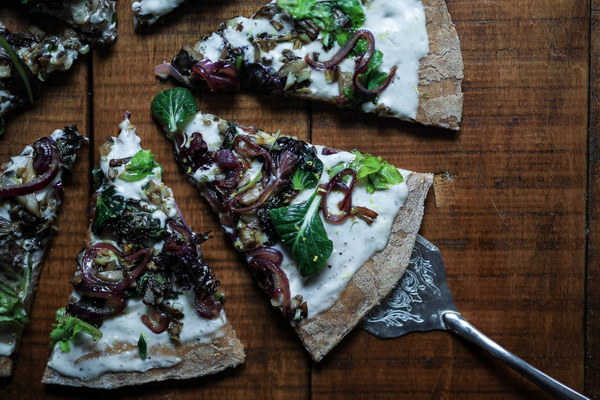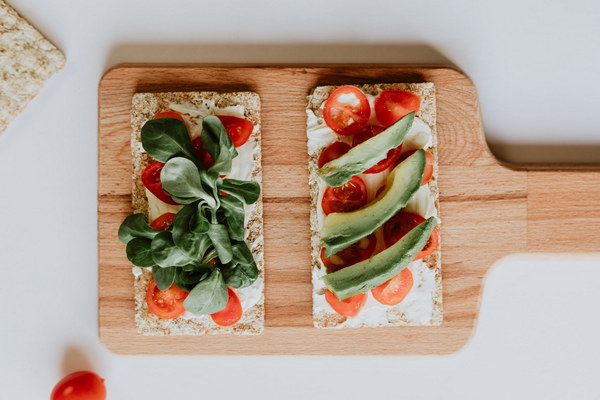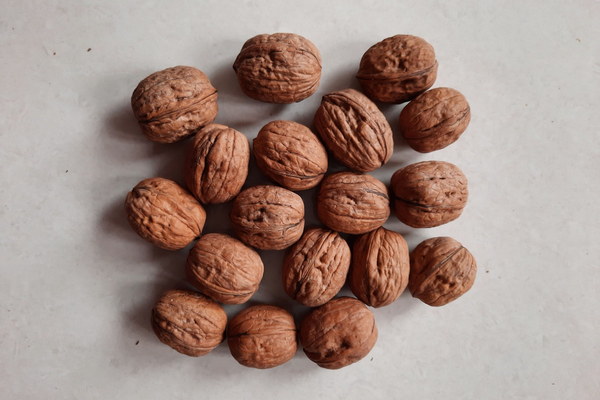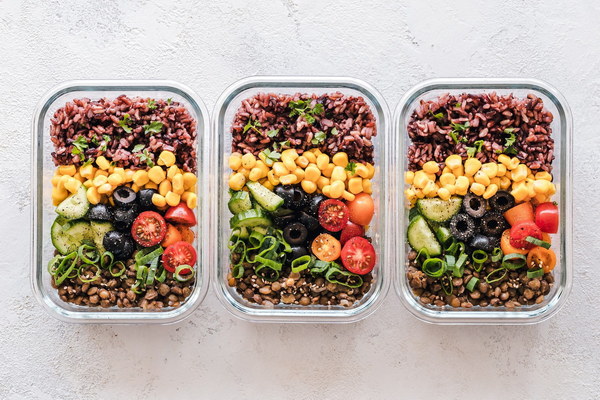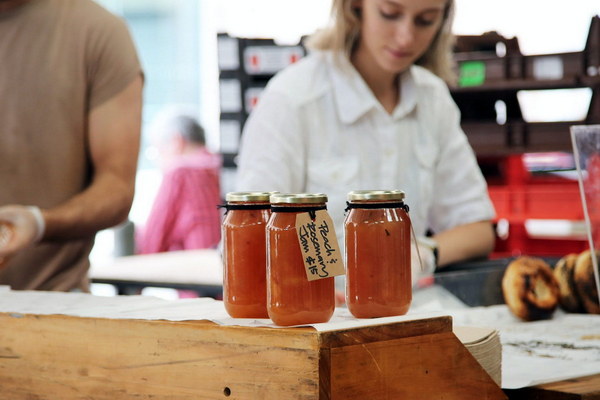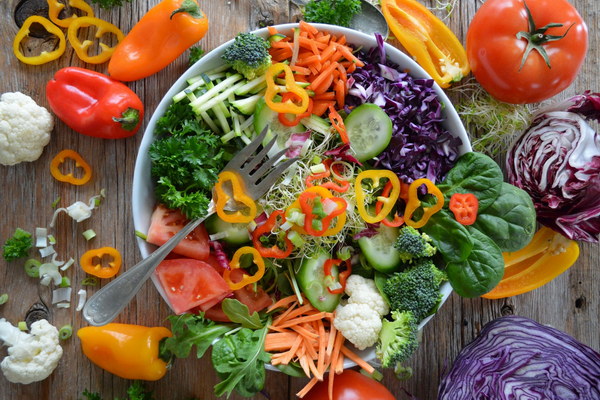Nourishing Your Gut A Comprehensive Guide to Dietary Treatments for Intestinal Disruptions
Introduction:
Intestinal disruptions can be a common concern for many individuals, leading to discomfort, bloating, and other gastrointestinal issues. While medication and lifestyle changes are often recommended, dietary treatments have gained significant attention for their potential to alleviate symptoms and promote overall gut health. In this comprehensive guide, we will explore the various dietary approaches that can help nourish your gut and address intestinal disruptions.
1. Understanding Intestinal Disruptions:
Intestinal disruptions refer to a range of conditions that affect the gastrointestinal tract, including irritable bowel syndrome (IBS), Crohn's disease, ulcerative colitis, and celiac disease. These conditions can cause inflammation, damage to the intestinal lining, and disruptions in the normal functioning of the gut.
2. The Importance of Dietary Treatments:
Dietary treatments play a crucial role in managing intestinal disruptions. By focusing on specific foods and nutrients, individuals can reduce inflammation, promote healing, and improve overall gut health. While dietary treatments may not cure these conditions, they can significantly alleviate symptoms and improve quality of life.
3. Key Dietary Approaches:
a. Low-FODMAP Diet:
The low-FODMAP diet is a popular approach for individuals with IBS. FODMAPs are fermentable carbohydrates that can cause bloating, gas, and discomfort in susceptible individuals. By reducing the intake of FODMAP-rich foods such as onions, garlic, wheat, and legumes, individuals can experience relief from IBS symptoms.
b. Gluten-Free Diet:
Gluten, a protein found in wheat, barley, and rye, can trigger adverse reactions in individuals with celiac disease or non-celiac gluten sensitivity. A gluten-free diet involves eliminating gluten-containing foods and replacing them with gluten-free alternatives, such as rice, quinoa, and gluten-free grains.
c. Gut-Friendly Foods:
Incorporating gut-friendly foods into your diet can help nourish your gut and promote healing. Some examples include:

- Probiotic-rich foods: Fermented foods like yogurt, kefir, sauerkraut, and kimchi contain beneficial bacteria that can help restore a healthy gut microbiome.
- Prebiotic-rich foods: Foods high in fiber, such as bananas, garlic, onions, and artichokes, serve as food for the beneficial bacteria in your gut.
- Omega-3 fatty acids: Fish, nuts, and seeds rich in omega-3 fatty acids can help reduce inflammation and support gut health.
4. Avoiding Trigger Foods:
Identifying and avoiding trigger foods is essential in managing intestinal disruptions. Common trigger foods may include dairy, fatty foods, spicy foods, and certain fruits and vegetables. Keeping a food diary and experimenting with different foods can help identify your personal triggers.
5. Hydration and Portion Control:
Proper hydration and portion control are important aspects of dietary treatments for intestinal disruptions. Adequate hydration helps maintain bowel regularity, while controlling portion sizes can prevent overeating and minimize digestive discomfort.
Conclusion:
Dietary treatments for intestinal disruptions can play a significant role in managing symptoms and promoting overall gut health. By understanding the different dietary approaches, identifying trigger foods, and incorporating gut-friendly foods, individuals can take a proactive approach to improve their gut health and alleviate discomfort. It is important to consult with a healthcare professional or registered dietitian before making any significant dietary changes to ensure they are appropriate for your specific needs.


